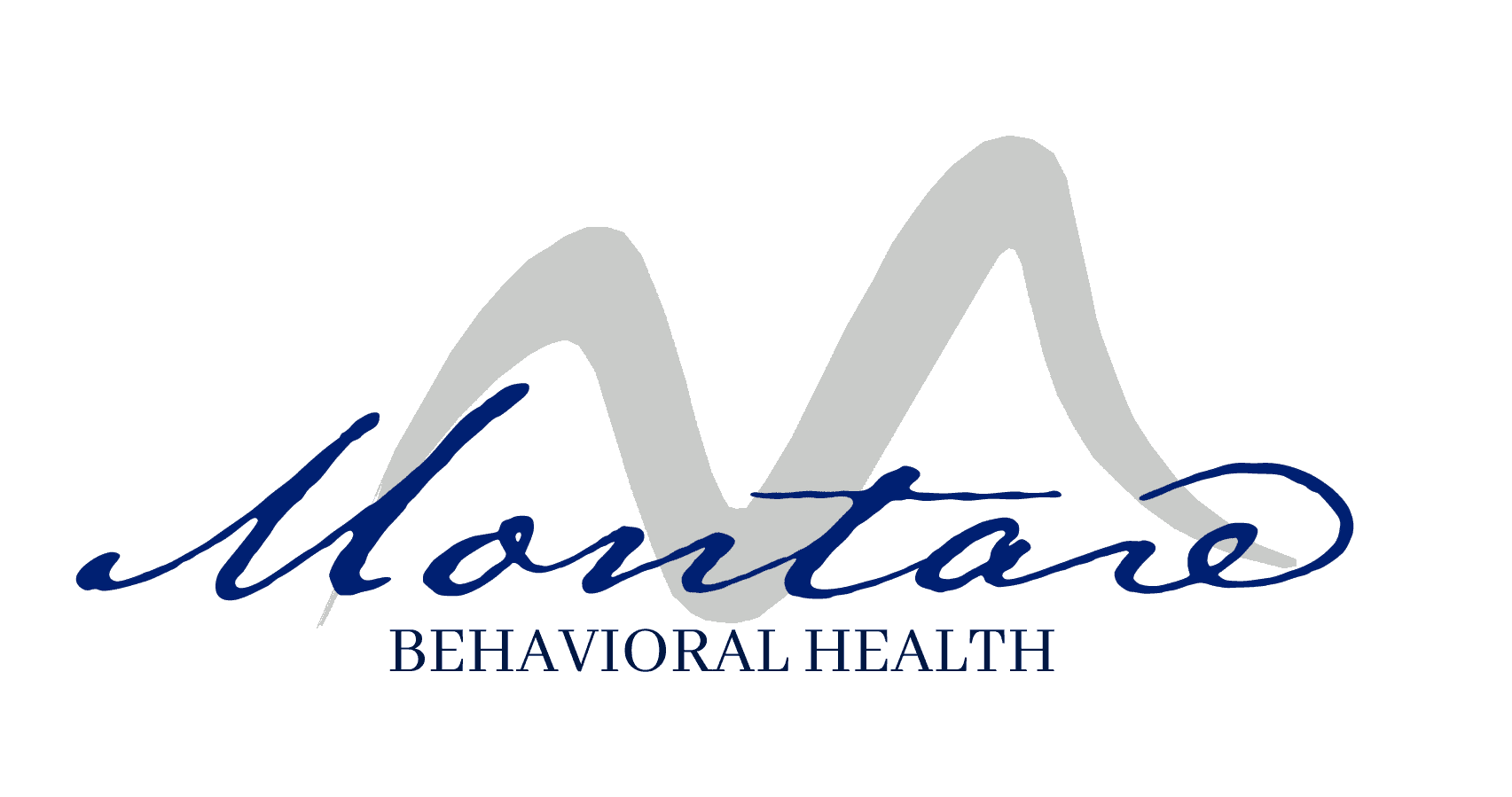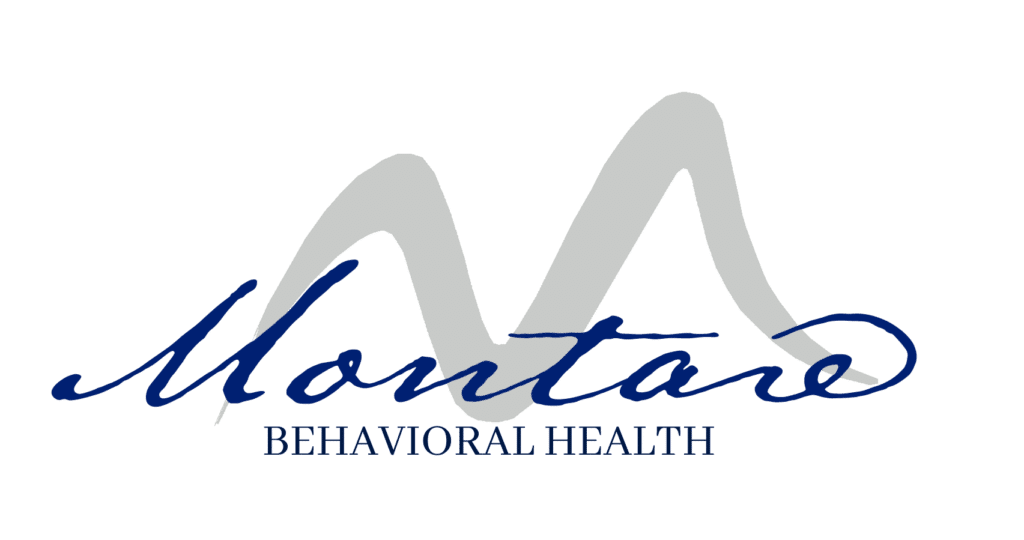Schizophrenia is a challenging mental health disorder that affects the lives of many people along with their loved ones. Those wanting to learn to cope with this disease may not know where to turn. Luckily, Montare Behavioral Health of Tucson provides schizophrenia treatment centers in Arizona designed to help each person understand how to care for themselves. Our specialized staff works with people to help empower them so they don’t feel limited by their mental illness. The therapies we provide help them to control their symptoms and participate more fully in their daily lives.
Request a Confidential Callback
What Exactly is Schizophrenia?
Schizophrenia is a mental health disorder that can be debilitating for those who have it. It affects vital cognitive abilities, including thought processes, speaking, and behaviors. An individual with this disease often finds developing and maintaining relationships difficult. Many schizophrenics experience hallucinations and belief systems not rooted in reality.
When schizophrenia becomes apparent as a diagnosis varies by gender. For men, symptoms typically begin in their early to mid-20s. Conversely, women tend to experience the onset of symptoms in their late 20s. Schizophrenia cannot be cured, but with appropriate and ongoing treatment, the symptoms can be managed.
Schizophrenia does not have one central cause. It can be attributable to things like brain chemistry, genetics, and environmental factors. Left untreated, this complex mental health disorder can cause a person to become incapacitated or even suicidal. Fortunately, professional treatment can be used to help control the symptoms.
Types of Schizophrenia
There are different types of schizophrenia, each with its own specific signs that occur. Experts employed at schizophrenia treatment centers in Arizona can perform a diagnosis to determine which type a person has. The subtypes of schizophrenia include:
Paranoid Schizophrenia: This is the most common subtype of schizophrenia and is now more commonly referred to as schizophrenia with paranoia. A hallmark of this subset is feelings of paranoia about other people and situations, even when they are not supported by evidence. The person may experience hallucinations they cannot be convinced are not real.
Catatonic Schizophrenia: This subtype often causes a person to feel and present to others as catatonic. They may not speak or acknowledge anything going on in their presence. The person may remain motionless for anywhere from minutes to several hours at a time.
Hebephrenic/Disorganized Schizophrenia: A person with this type of schizophrenia has difficulty organizing their thinking and speaking. Their words may be misused or made up and their thought patterns difficult to follow.
Residual Schizophrenia: Someone with this subtype experiences symptoms of the disease although not as acutely as others. The person may be withdrawn and have difficulty speaking.
Undifferentiated Schizophrenia: This diagnosis may be made if the individual experiences symptoms from more than one subtype of schizophrenia.
Signs & Symptoms of Schizophrenia
Common signs and symptoms of schizophrenia include:
- Hallucinations, often auditory in nature
- Delusions
- Disorganized thinking
- Difficulty communicating
- Speaking incoherently or jumping from subject to subject
- Appearing to lack emotion
- Moodiness
- Not reacting to stimuli
- Difficulty holding down a job or going to school
- Poor hygiene
- Difficulty in relationships with friends, family, and others
- Withdrawing socially
- Psychosis
- Suicidal thoughts, feelings, or behaviors
What Methods of Treatment are Used to Treat Schizophrenia in Arizona?
Our residential schizophrenia treatment centers in Tucson, Arizona offer multiple types of therapy, a 24-7 nursing staff, comfortable living spaces and a primary method of treating schizophrenia includes medications. FDA-approved medications can be prescribed that provide relief for many of the symptoms. These meds can help the person feel more control over their diagnosis and allow them to live fulfilling lives. For many, this includes the ability to work, attend school, do volunteer work, and enjoy hobbies.
Any medications prescribed should be taken as directed, including dosage amounts and times taken. For some people with schizophrenia, this can be difficult to manage. In these cases, having a loved one who has regular contact with them can offer the supervision they need.
The most common medications used to treat schizophrenia include antipsychotic meds. Common ones prescribed include the following:
- Abilify
- Clozaril
- Saphris
- Latuda
- Fanapt
- Rexulti
- Seroquel
- Zyprexa
- Risperdal
- Vraylar
Anti-depressants and anti-anxiety medications can provide complementary benefits to help reduce symptoms. Medical personnel at schizophrenia treatment centers in Arizona can perform an assessment to help determine which medications may work best. They will prescribe them, and monitor the person for how they work and any side effects that occur. From there, any needed changes in dosage or types of meds can be made.
Along with medication, many types of talk therapy can benefit someone with schizophrenia. This includes both individual therapy and group therapy, as well as experiential therapies, such as yoga or meditation.

Begin Healing at Our Schizophrenia Treatment Centers in Tucson, Arizona
Life with schizophrenia can be challenging but quality care can make a real impact on a person’s ability to live a full life. Montare Behavioral Health of Tucson provides the type of focused care that can help you or someone you love enjoy improved mental health. Our schizophrenia treatment centers in Arizona feature expert clinicians who understand the intricacies of mental health treatment. We provide optimal types of therapy and support designed to help you succeed.
If you would like more information about how we can help, please visit our admissions page now. The help you need is closer than you might think.

